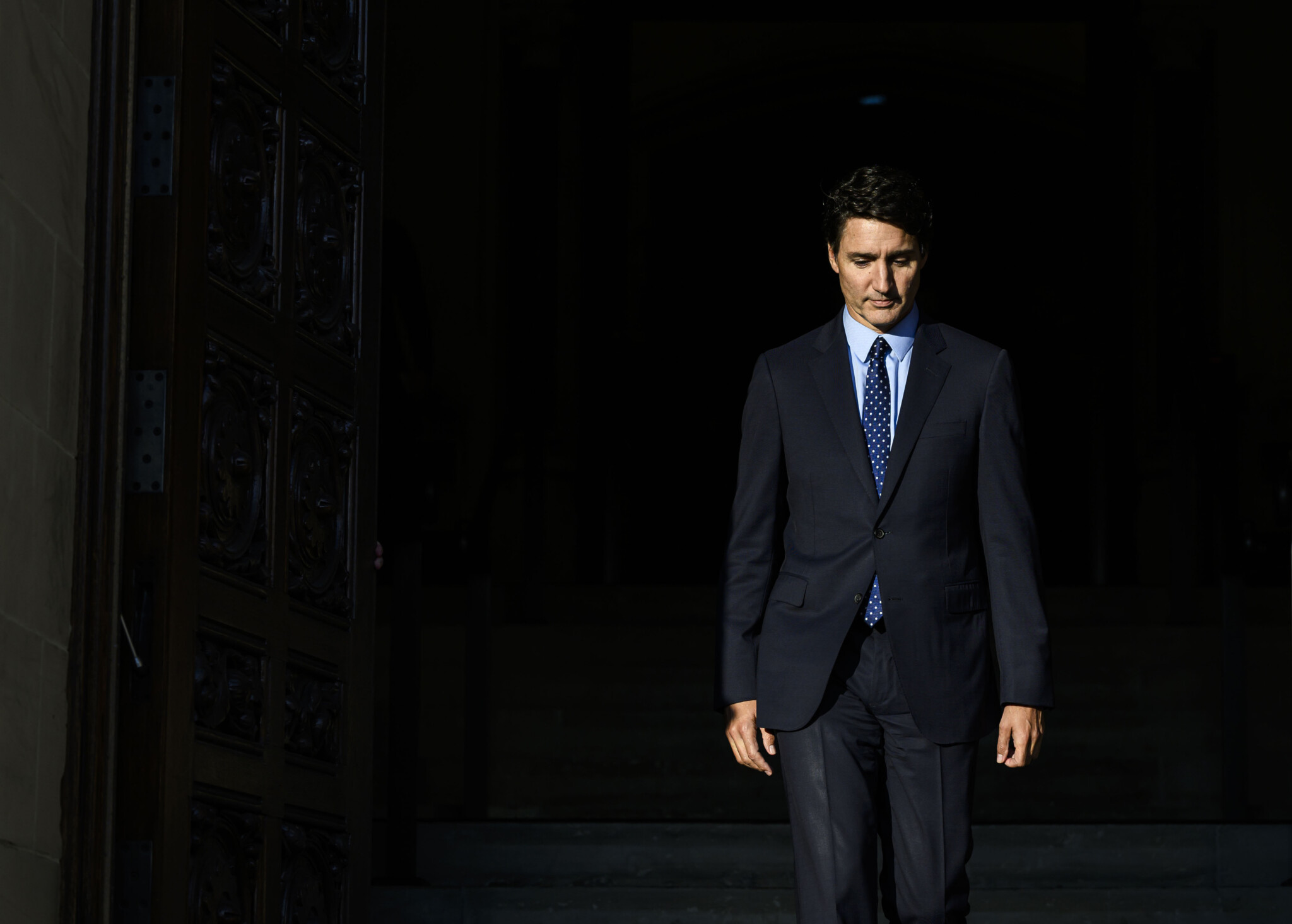Over the past year, the Liberal government has been racing against time. Canada’s “Natural Governing Party” is on the brink of one of its most significant electoral defeats in history, though the timing remains unclear. Most Canadians are not actively calling for an early election, and many are currently satisfied with the political maneuvering by the Bloc Québécois (BQ) and the New Democratic Party (NDP) to delay it. Pierre Poilievre has yet to present a compelling argument that the immediate election he is pushing for will result in the change in government that three-quarters of Canadians say they want.
Political analysts often remind us of the uncertainty inherent in elections, citing the famous words of former British prime ministers. Harold Wilson once said, “A week is a long time in politics,” while Harold Macmillan cautioned, “Events, dear boy, events.” These observations serve as a reminder that nothing in politics is ever guaranteed. However, the impending defeat of the Liberal Party feels about as certain as any election result can be. The reason? The numbers have been overwhelmingly bad—and consistently so—for the past year, regardless of the Liberals’ attempts to reverse the tide.
How dire are the numbers? The Trudeau Liberals currently trail Pierre Poilievre’s Conservatives by a staggering 19 points in voter support. Even more striking, Justin Trudeau personally lags Poilievre by a similar margin when Canadians are asked who they believe would make the best prime minister. It’s important to note that incumbent prime ministers typically benefit from an inherent advantage on this question, simply due to their position in office. Yet, despite this traditional edge, Trudeau finds himself significantly behind. Moreover, three-quarters of Canadians now believe it’s time for a different party to take over the reins of government.
In addition to polling, political forecaster Philippe Fournier’s 338Canada model paints an equally bleak picture for the Liberals. His analysis gives the Conservatives a 99 percent probability of winning a majority government in the next election, with projections showing a landslide victory: 219 seats for the Conservatives and just 69 for the Liberals. If these numbers hold, it will be a crushing defeat for Trudeau’s party.







